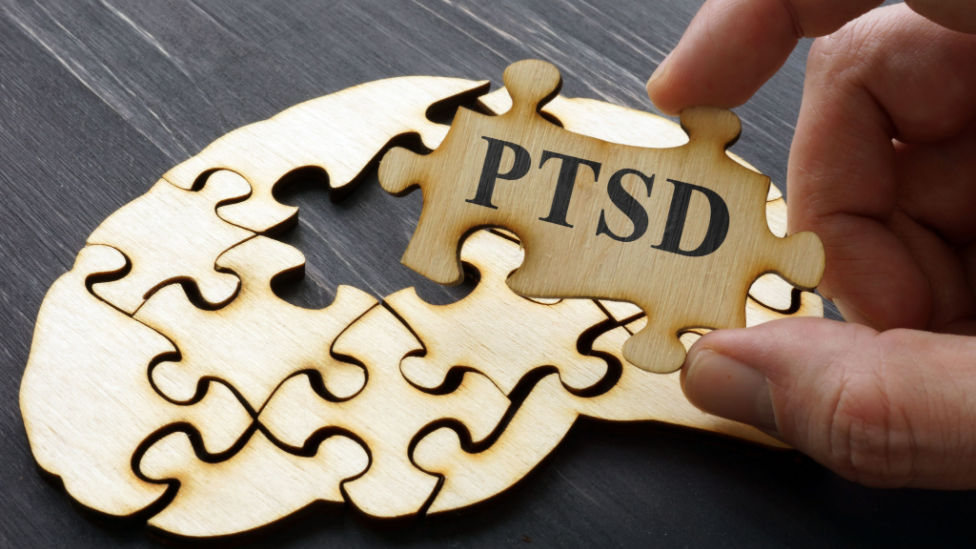
Understanding PTSD
After a traumatic event, individuals with PTSD often experience persistent emotional distress that can make it hard to feel safe or in control. Flashbacks may make them feel as though they are reliving the event, while nightmares disrupt sleep and contribute to exhaustion. These intrusive thoughts and feelings can cause overwhelming anxiety, hypervigilance, and emotional numbness. PTSD can also lead to difficulty in maintaining relationships or functioning at work or school. Early intervention and support are crucial in helping individuals process their trauma and rebuild their lives.


Diagnosis and Assessment
To provide the most effective care, our specialists carefully assess the patient’s trauma history and emotional responses. We use comprehensive psychological screenings to understand the severity and specific nature of the PTSD symptoms. This thorough evaluation allows us to differentiate PTSD from other anxiety-related conditions, such as generalized anxiety disorder or panic attacks. By understanding the unique aspects of each patient’s experience, we ensure a more accurate diagnosis. As a result, treatment plans are customized to address the root causes and symptoms of PTSD for more effective healing.
Treatment Strategies
Our clinic utilizes proven therapies such as Cognitive Behavioral Therapy (CBT), which helps patients identify and change harmful thought patterns related to their trauma. Eye Movement Desensitization and Reprocessing (EMDR) is another powerful tool that enables individuals to process traumatic memories and reduce their emotional charge. In some cases, medication is prescribed to manage symptoms, such as anxiety or sleep disturbances, to support the healing process. Each therapy is tailored to the patient’s unique needs, ensuring that treatment is as effective as possible.


Building Resilience
Our approach goes beyond simply alleviating symptoms; we aim to help individuals rebuild a sense of stability and confidence in their daily lives. Through therapy and support, patients learn how to manage triggers and emotional responses, ultimately strengthening their ability to cope. We focus on building emotional resilience, so individuals can navigate future challenges more effectively. Our goal is to restore a feeling of safety, allowing individuals to trust themselves and the world around them once again. Over time, this holistic approach helps foster a sense of control and empowerment.
